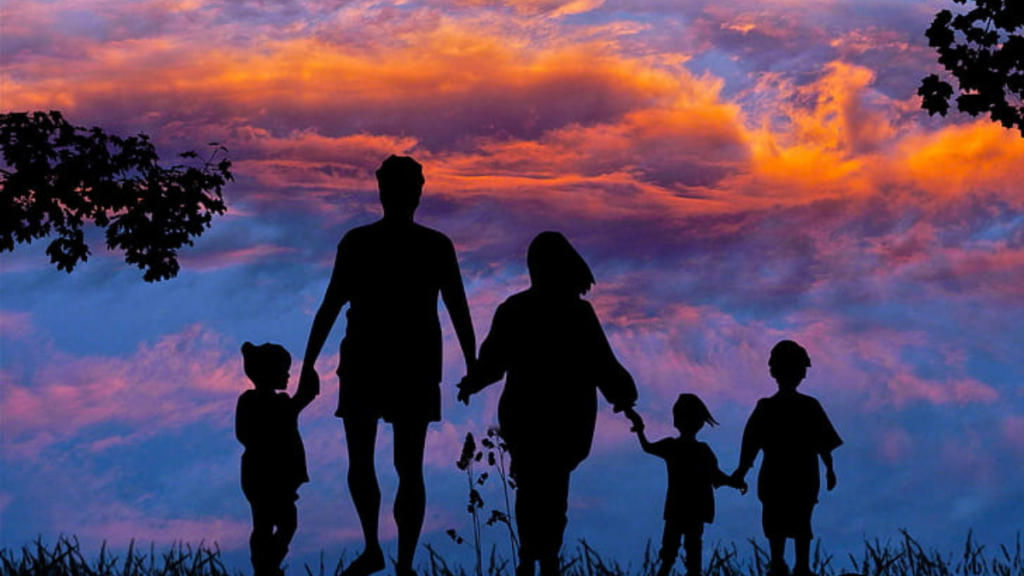Last updated on August 12th, 2024 at 09:02 am
A recent study from the Pew Research Center has unveiled concerning statistics about the fertility rate in the U.S. The research indicates that the fertility rate reached a record low in 2023, with a lesser number of American adults having children. The study reported that about 47 percent of American adults under 50 years state they are not likely to have children, a 10 percent increase from figures recorded in 2018.
The research methodology involved surveying 3,312 American adults who are not parents in order to establish their attitude towards having children. The findings from adults aged 18-49 tended to align, diverging significantly from responses given by those 50 years and older. Infertility, medical issues, and a partner’s opposition to having children were common reasons for childlessness across both these demographics.
Young adults, those aged 18-49, predominantly cited a lack of desire for children as the reason for their childlessness. They also indicated a focus on other interests, concerns about the world, the environment, and financial concerns as significant reasons. In this demographic, the percentage of women stating they did not want children was significantly higher than men.
However, the top reason provided by those aged 50 and older for not having children was simply that “it just never happened.” This group also highlighted the lack of a suitable partner as a common reason behind their childlessness.
Then there are the perceived benefits of living without children. Having time for hobbies, affording desired items, saving for the future, career success, and maintaining an active social life were viewed as possible because of a lack of children.
However, childless adults aged 50 and older were found to have worries about their future. Common concerns were: not having enough money, not having someone to care for them, and loneliness in old age.
As the survey points out, it’s critical to pass the message on, particularly to younger generations, that having children is a personally and societally significant decision. It’s also vital to address their concerns which are stopping them from choosing to have children.
